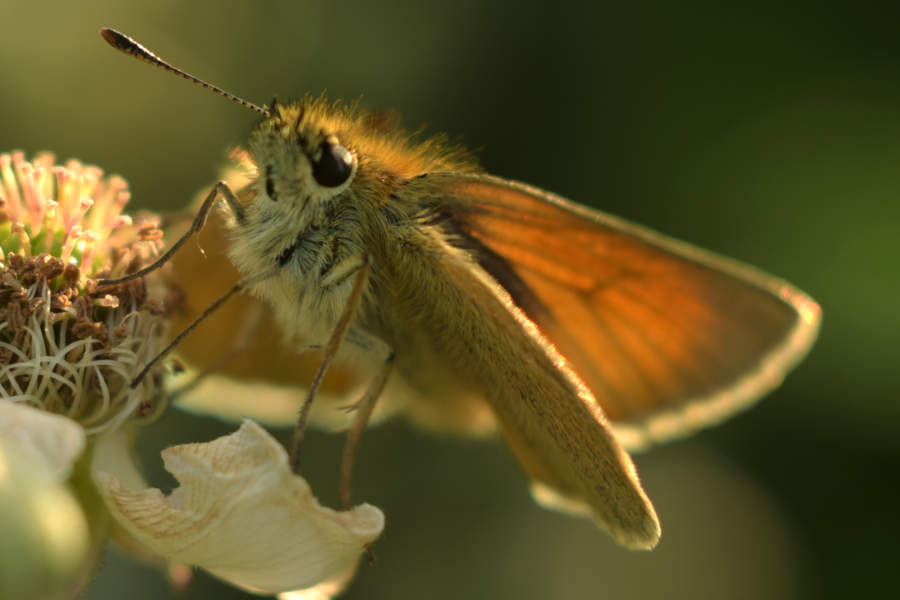Whilst coronavirus has cut many lives short and robbed families of precious time to be together, the lockdowns have given many of us, something we were short of, TIME. Okay, not if you’re juggling home-schooling with working from home, but if you’re on furlough, chances are you’ve had the opportunity to have a good declutter!
Declutter like Marie Kondo? or crush it like Michael Landy?
Perhaps you’ve adopted the Marie Kondo approach — looked for the joy in every item, or it’s given the heave-ho! It’s surprising how much stuff we accumulate. Twenty years ago, artist Michael Landy, famously set about destroying all his 7,227 possessions in public view. Project “Break Down” sent six tonnes of rubbish to landfill having catalogued everything and then systematically deconstructed it all. It also highlighted the extraordinary number of materials used in products, challenged our thoughts on consumption and consumerism, and sparked debate on what items we value. What would you save from a burning building? I am what I own? You can only wear one pair of shoes at a time! A strange problem — to have too much ‘stuff’ to cause us stress, whilst others struggle for warmth, shelter and food.
Make Do and Mend
We’ve come along way from making things last, mending, reusing or repurposing items in the way the war generation did. My Gran would save every scrap of paper, foil, every elastic band, jam jar, paper bag, piece of string, wrapping paper, all neatly filed ready for reuse. Socks would be darned, and knickers restrung with elastic — who buys knicker elastic now? We are better at recycling, and upcycling and buying vintage are fashionable. Living in lockdown has made us more resourceful — using up those packets and tins hanging about at the back of the cupboard; skilfully rustling up meals from half-opened packs of buckwheat; wearing the same clothes for days on end to save on the washing! We’ve even resorted to cutting our own hair!
What will we have to hand onto future generations?
As our memories become digital, we still need some connection to items from the past. The popularity of TV shows such as The Repair Shop illustrates the powerful emotions evoked by treasured possessions. Could be a Chopper bike or a wind-up toy; a cocktail cabinet or a pocket watch. What will we have to hand onto future generations? Old mobile phones? Clearing of clutter may inearth some hidden gems. How quickly we’ve moved from VHS to DVD to streaming. From vinyl to cassette tapes (making a collectable comeback?) to CDs to Spotify! Yes, your memories are safe as long as you keep paying the subscription.
What opportunities for change will Covid bring?
Covid and Climate Change are our big emergencies, and they are linked. Can we seize the opportunities the pandemic has created? Become citizens, not just consumers? or will those that govern want to return to ‘business as usual’ to get re-elected? Or will a new measure of GDP take hold — as The Economics of Biodiversity: The Dasgupta Review advocates and value our ‘natural capital’ as a resource too precious to lose. Our natural environment has been essential during the pandemic to provide fresh air — a place to exercise and connect us to nature.

Investors seeing the greenlight too.
While we know our small green efforts can together make a difference, what needs to make the shift in addressing the impacts of Climate Change and subsequent loss in biodiversity are for the financial institutions to get ‘onboard’. When Larry Fink, co-founder of BlackRock, the world’s largest asset management group, saw first hand the impact climate change was having in Alaska — and spoiling his fishing trip he was enlightened! “Climate transition presents a historic investment opportunity.” In 2015, Mark Carney, the then governor of the Bank of England, gave a speech to financiers claiming that ‘Climate change is the investment opportunity of our generation’.
Watch this space as brown becomes the new green!